The most common slang term for a party in the 1950s was “bash”. This one was more or less universal as a slang term for parties of any kind. “Klatch” was another common slang term for a gathering in the 1950s. Other terms that were used included things like “blowout” and “shindig”.
So, many of the slang terms that were used for a party in the 1950s have to some extent survived to the modern day.
At the same time, there were a variety of terms used at this time that you really will not hear anymore.
Let’s find out more.
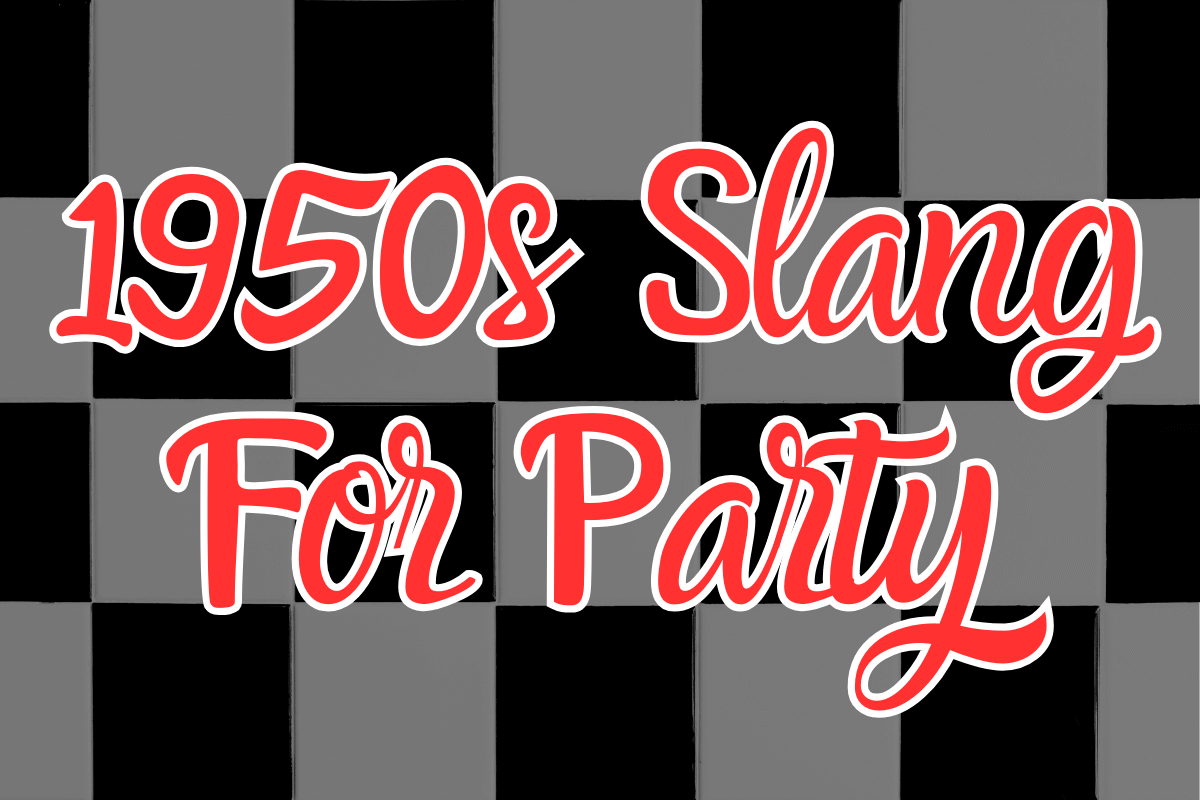
1950’s Slang for Party
Bash
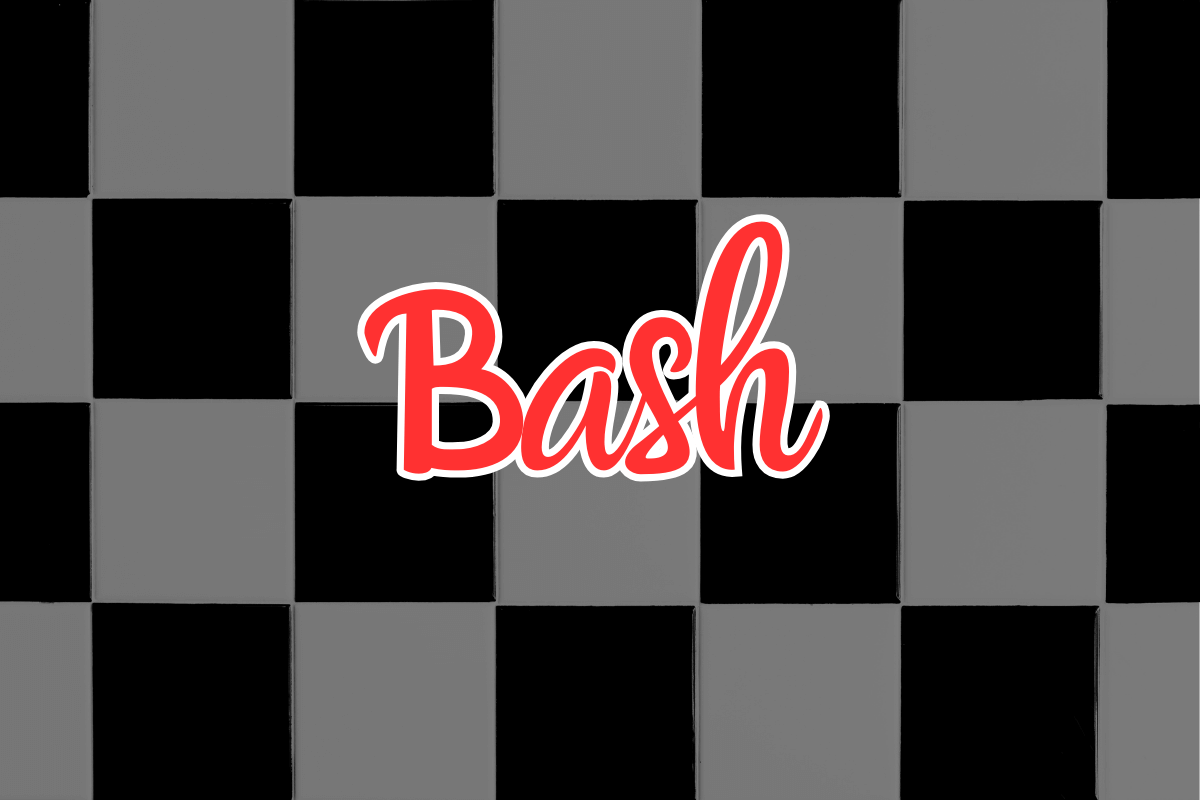
“Bash” was one of the most common slang terms for a party in the 1950s.
It was used to describe a big, exciting event rather than a small gathering.
Whether it was a birthday, a celebration, or just an excuse to have fun, a bash was the place to be.
The word is still used today, though not as frequently as it was back in the ‘50s.
Examples in sentences:
- “Are you coming to Johnny’s birthday bash this weekend?”
- “That was the best bash we’ve had all year!”
- “Let’s throw a big bash before summer ends.”
- “The Smiths’ anniversary bash was the talk of the town.”
- “I need a new dress for the holiday bash at work.”
Bender

“Bender” was a common slang term in the 1950s, referring to a party that involved a lot of drinking, often lasting late into the night, or even over multiple days.
While some people used “bender” in a lighthearted way to describe a fun night out, others used it to refer to serious bouts of drinking that could get out of hand.
The term is still in use today, especially about wild nights of partying.
Examples in sentences:
- “He went on a bender last weekend and is still recovering!”
- “That bender last night was one for the history books.”
- “Let’s have a proper bender to celebrate the end of exams.”
- “She swore off drinking after her last bender.”
- “I can’t believe we’re going on another bender this weekend!”
Blowout

“Blowout” was a popular 1950s slang term for a wild, extravagant party.
Unlike smaller gatherings, a blowout was known for its high energy, lots of people, and plenty of fun, often with dancing, music, and drinking.
The word suggests going all out and not holding back, making it a fitting name for a big celebration.
While still used today, it’s not as common as it was back in the 50s.
Examples in sentences:
- “That was the biggest blowout this town has ever seen!”
- “We’re throwing a blowout party for New Year’s Eve!”
- “Last night’s blowout left me exhausted today.”
- “She planned a blowout bash for her 21st birthday.”
- “I heard their wedding reception was a total blowout!”
Hootenanny

“Hootenanny” was a fun and folksy slang term for a party or social gathering in the 1950s.
It was especially associated with informal get-togethers where people would sing, play instruments, and dance.
The word became strongly linked to folk music, and by the early 1960s, it was commonly used to describe folk music jam sessions.
While its usage has faded, it still carries a nostalgic charm.
Examples in sentences:
- “We’re heading to a hootenanny at the barn tonight!”
- “Grab your guitar—we’re having a hootenanny down by the river.”
- “That hootenanny last night was a real blast!”
- “Back in the day, a hootenanny wasn’t complete without a banjo.”
- “She hosted the best hootenannies, full of music and laughter.”
Hoedown
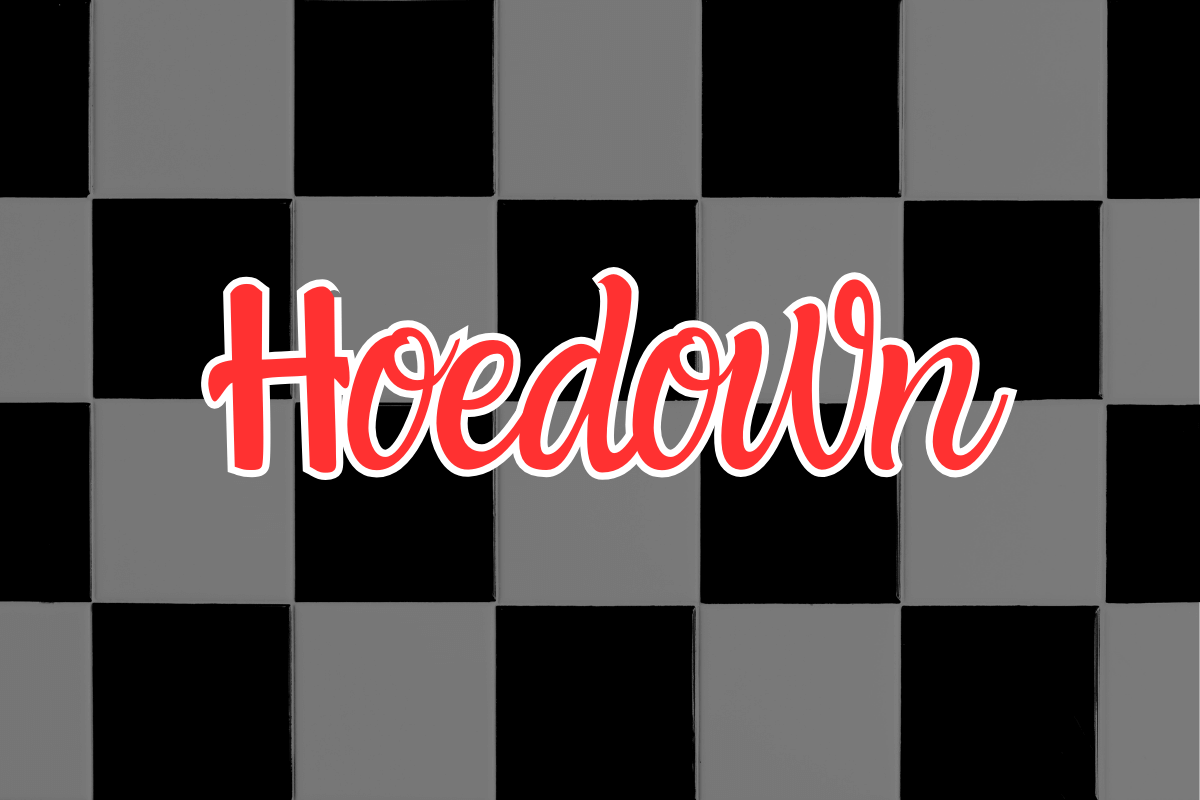
“Hoedown” was a popular term in the 1950s for a country-style party, typically featuring square dancing, fiddles, and plenty of foot-stomping fun.
Rooted in rural American traditions, hoedowns were social gatherings where people of all ages would dance, eat, and celebrate.
While the term is still used today, it is most often associated with old-fashioned country events.
Examples in sentences:
- “Put on your boots—we’re going to a hoedown tonight!”
- “That hoedown was the best party I’ve been to all year!”
- “Grab a partner, it’s time for the hoedown to begin!”
- “They hired a live band for the hoedown at the community center.”
- “Nothing beats a good old-fashioned hoedown under the stars.”
Jamboree
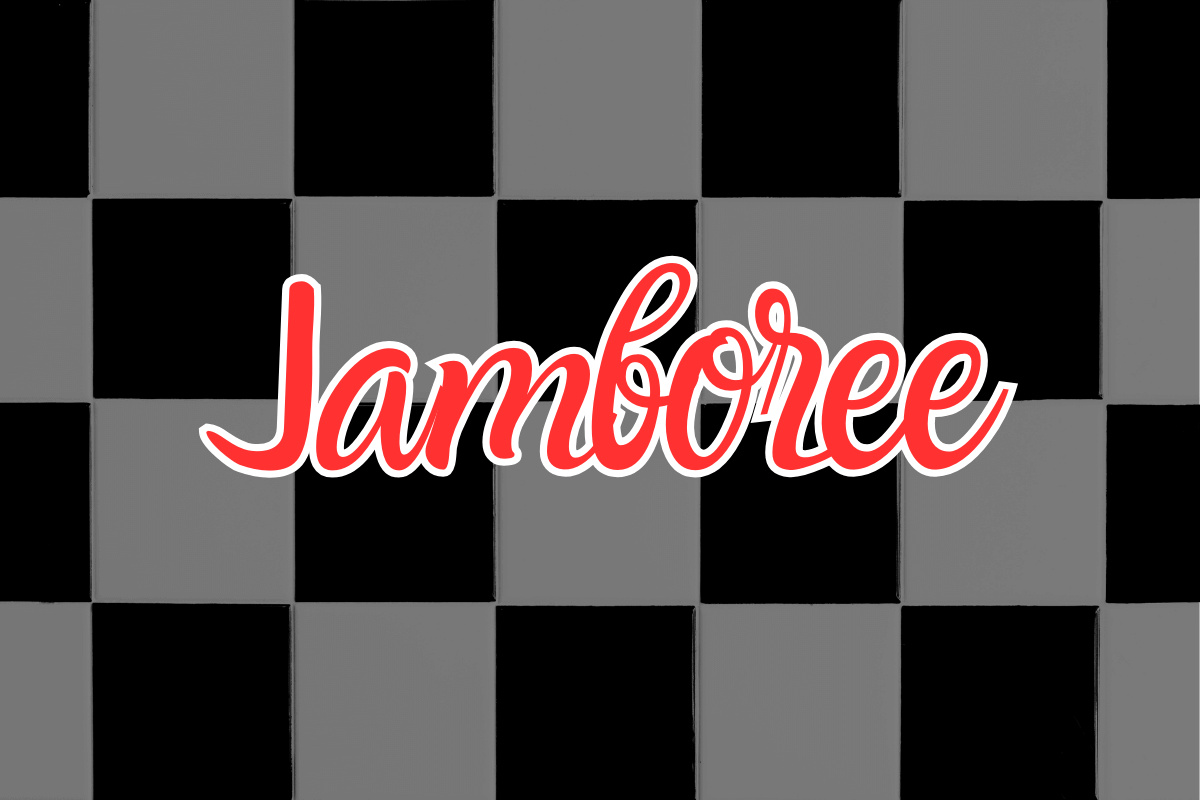
“Jamboree” was a popular slang term in the 1950s for a large, festive party or event.
The word was often associated with big social gatherings, community events, or even scouting celebrations.
Jamborees were known for their energetic atmosphere, with plenty of music, dancing, and fun.
While the term is still used today, it tends to carry a slightly nostalgic or old-fashioned feel.
Examples in sentences:
- “The town is throwing a jamboree this weekend—everyone will be there!”
- “What a wild jamboree! I haven’t danced that much in years!”
- “Every summer, they host a jamboree with live bands and food trucks.”
- “We need to plan a jamboree to celebrate the end of the school year.”
- “That jamboree was the highlight of the whole summer!”
Klatch

“Klatch” was a popular term in the 1950s for a casual get-together, typically involving coffee, tea, and plenty of chatting.
The word originates from the German “Kaffeeklatsch,” meaning a coffee gathering.
Unlike a wild party or dance, a klatch was more about conversation, gossip, and relaxed social interaction.
While less common today, it still appears in certain circles, especially when referring to friendly meetups over drinks.
Examples in sentences:
- “We’re having a little klatch at my place this afternoon—come by!”
- “Grandma’s friends get together for a weekly klatch at the café.”
- “I love a good klatch where we can sit and catch up on everything.”
- “The book club meeting turned into more of a klatch than a discussion.”
- “After work, we had a klatch over drinks at the diner.”
Rave
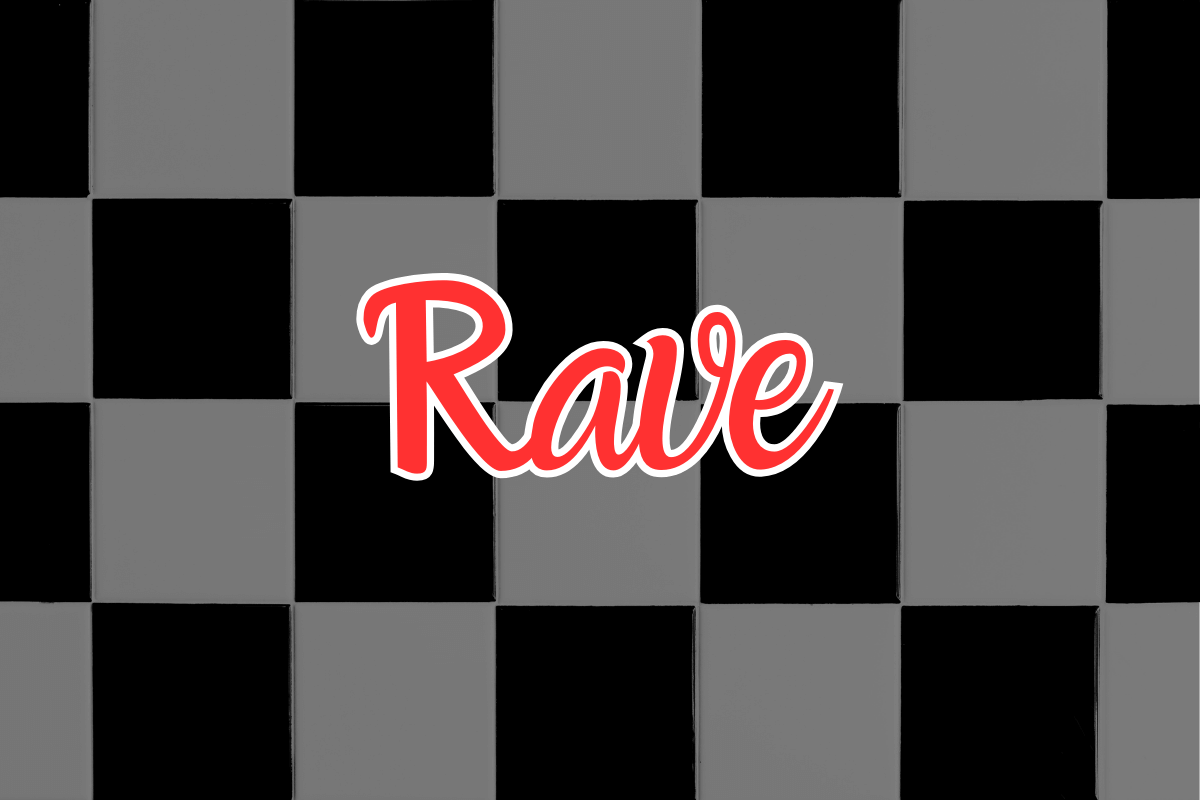
In the 1950s, a “rave” was a slang term for a lively, enthusiastic party, typically involving music and dancing.
Unlike a small social gathering, a rave was all about high-energy fun, often going late into the night.
The term would later evolve into the modern “rave” culture associated with electronic dance music, but in the ’50s, it simply meant an exciting, uninhibited party.
Examples in sentences:
- “That rave last night was absolutely wild!”
- “Let’s throw a big rave to celebrate the end of exams.”
- “His parties always turn into full-on raves with music and dancing.”
- “I haven’t been to such a fun rave in years!”
- “The whole town showed up for the rave at Johnny’s place.”
Shindig

A “shindig” was a popular slang term in the 1950s for a fun, energetic gathering.
Typically, a shindig involved music, dancing, and a good time with friends.
The term had been around for decades but became especially common in mid-century slang.
While it could refer to any party, shindigs were often more organized social events rather than spontaneous gatherings.
Examples in sentences:
- “Are you coming to the big shindig at the dance hall this weekend?”
- “The whole town turned out for the annual summer shindig.”
- “We’re throwing a little shindig at our place—bring some records!”
- “That shindig last night was the best party I’ve been to all year.”
- “The high school shindig is the event of the season!”
Wingding

“Wingding” was a lively slang term in the 1950s used to describe a fun and often raucous gathering.
Unlike a more formal party, a wingding suggested an event filled with high energy, laughter, and sometimes a bit of chaos.
The term carried a sense of excitement and enthusiasm, making it a favorite way to describe big social gatherings.
Examples in sentences:
- “We’re having a real wingding at my place tonight—don’t miss it!”
- “That was some wingding last night! My feet are still sore from dancing.”
- “The company’s holiday wingding is always the talk of the office.”
- “They threw a wingding for their anniversary, and the whole town showed up.”
- “No one throws a wingding like Uncle Joe—he always goes all out!”

